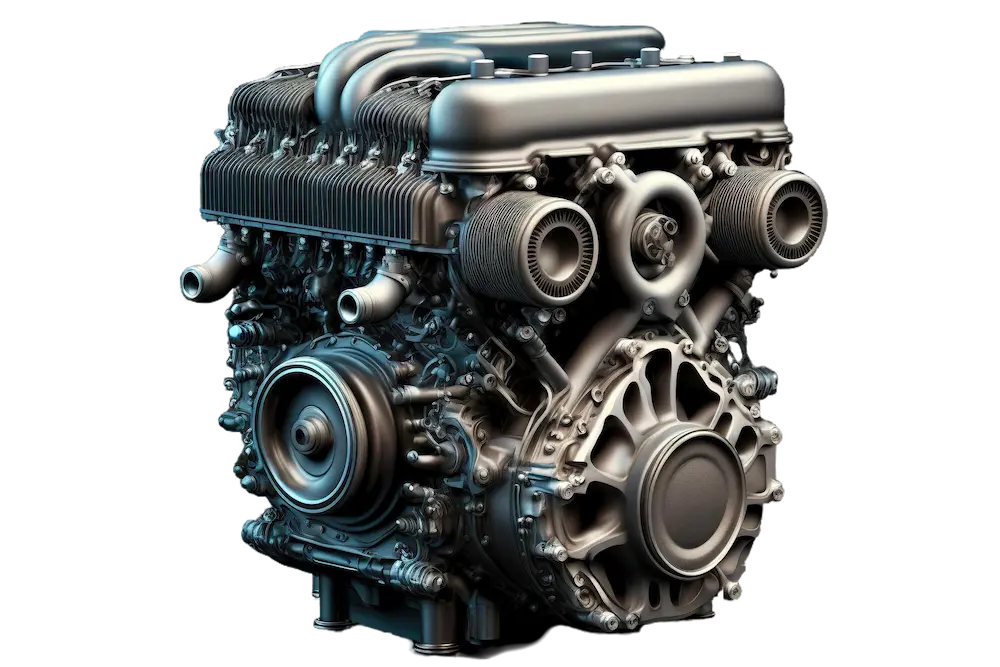Buy Diesel Engines
Diesel engines have played a pivotal role in various industries and have become a popular choice for a wide range of applications, from transportation to industrial machinery. In this article, we will explore the world of diesel engines, their working principles, advantages, applications, and environmental considerations.
Introduction to Diesel Engines
Diesel engines, named after their inventor Rudolf Diesel, are internal combustion engines that operate on diesel fuel. These engines are renowned for their efficiency, durability, and ability to generate high torque, making them suitable for a variety of tasks.
How Do Diesel Engines Work?
Diesel engines work on the principles of compression ignition. When air is compressed within the engine cylinder, it heats up significantly. Diesel fuel is then injected into the highly compressed, hot air, causing spontaneous ignition and generating power to drive the engine.
Advantages of Diesel Engines- Fuel Efficiency: Diesel engines are significantly more fuel-efficient than gasoline engines, making them ideal for long-haul transportation and heavy machinery.
- Durability: Diesel engines are robust and built to withstand high levels of stress, resulting in a longer lifespan.
- High Torque: They provide ample torque at low RPMs, which is essential for heavy-duty tasks like towing and hauling.
- Lower CO2 Emissions: Diesel engines emit less carbon dioxide (CO2) per unit of energy produced compared to gasoline engines.
Applications of Diesel Engines
- Transportation: Trucks, buses, ships, locomotives, and even some passenger vehicles.
- Agbriculture: Tractors and farm machinery.
- Construction: Excavators, bulldozers, and cranes.
- Power Generation: Diesel generators for backup and remote power supply.
- Industrial: Compressors, pumps, and manufacturing machinery.
Diesel engines find applications in various sectors, including:
Diesel vs. Gasoline Engines
- Diesel engines rely on compression ignition, while gasoline engines use spark ignition.
- Diesel engines have higher thermal efficiency and torque but lower RPM.
- Gasoline engines generally produce more power at higher RPMs.
- Diesel fuel is less volatile and more energy-dense than gasoline.
Diesel engines differ from gasoline engines in several ways:

Environmental Impact and Emissions
While diesel engines offer fuel efficiency advantages, they also produce emissions such as nitrogen oxides (NOx) and particulate matter (PM). Modern diesel engines are equipped with emission control technologies like selective catalytic reduction (SCR) and diesel particulate filters (DPF) to reduce these pollutants.
Maintenance and Longevity
Proper maintenance is essential to ensure the longevity of diesel engines. Regular oil changes, fuel filter replacements, and adherence to manufacturer guidelines are key. With proper care, diesel engines can last hundreds of thousands of miles.
Diesel engines have made a lasting impact on various industries, thanks to their efficiency, durability, and versatility. As technology evolves, cleaner and more environmentally friendly diesel engine options are emerging, ensuring that diesel remains a vital part of our transportation and industrial landscape.